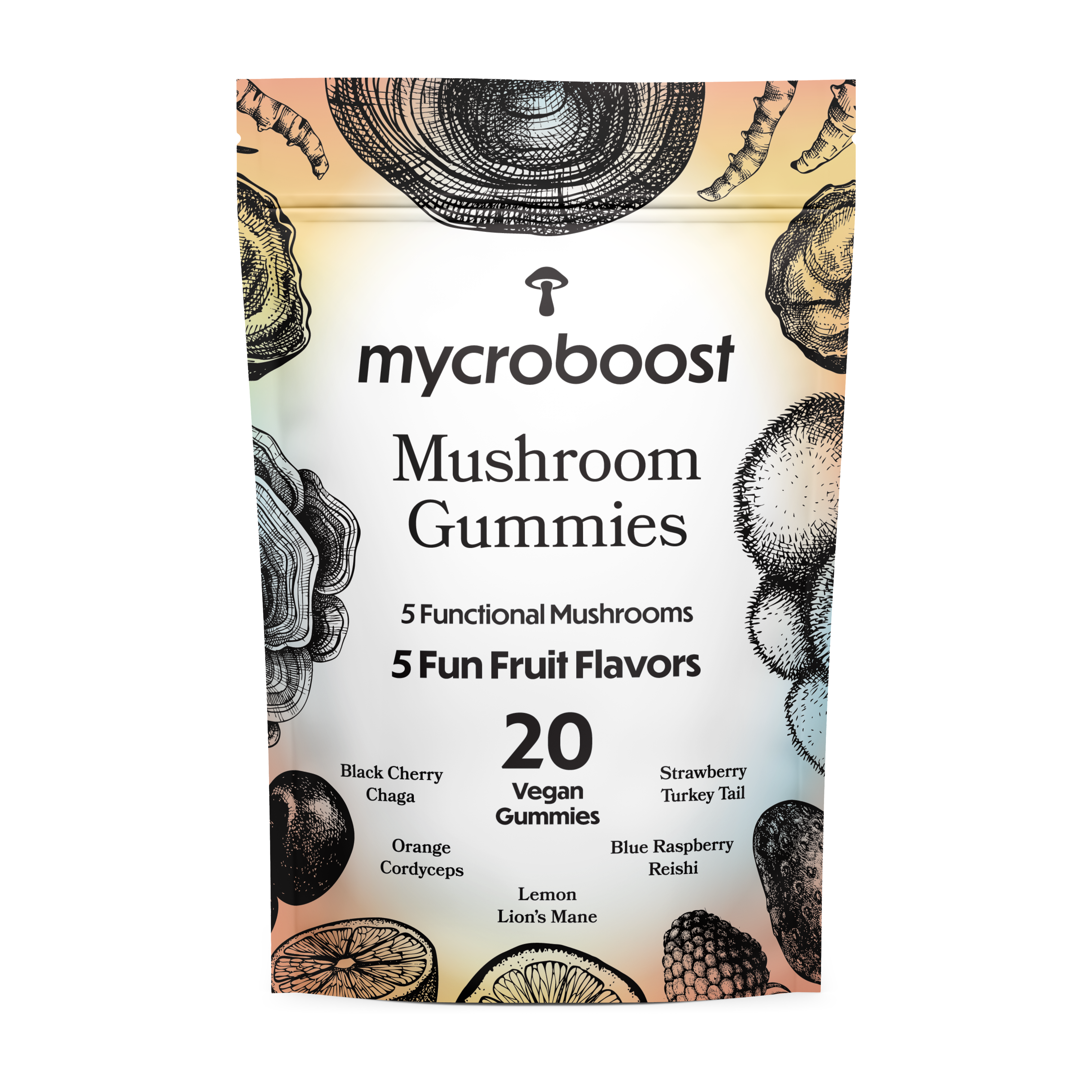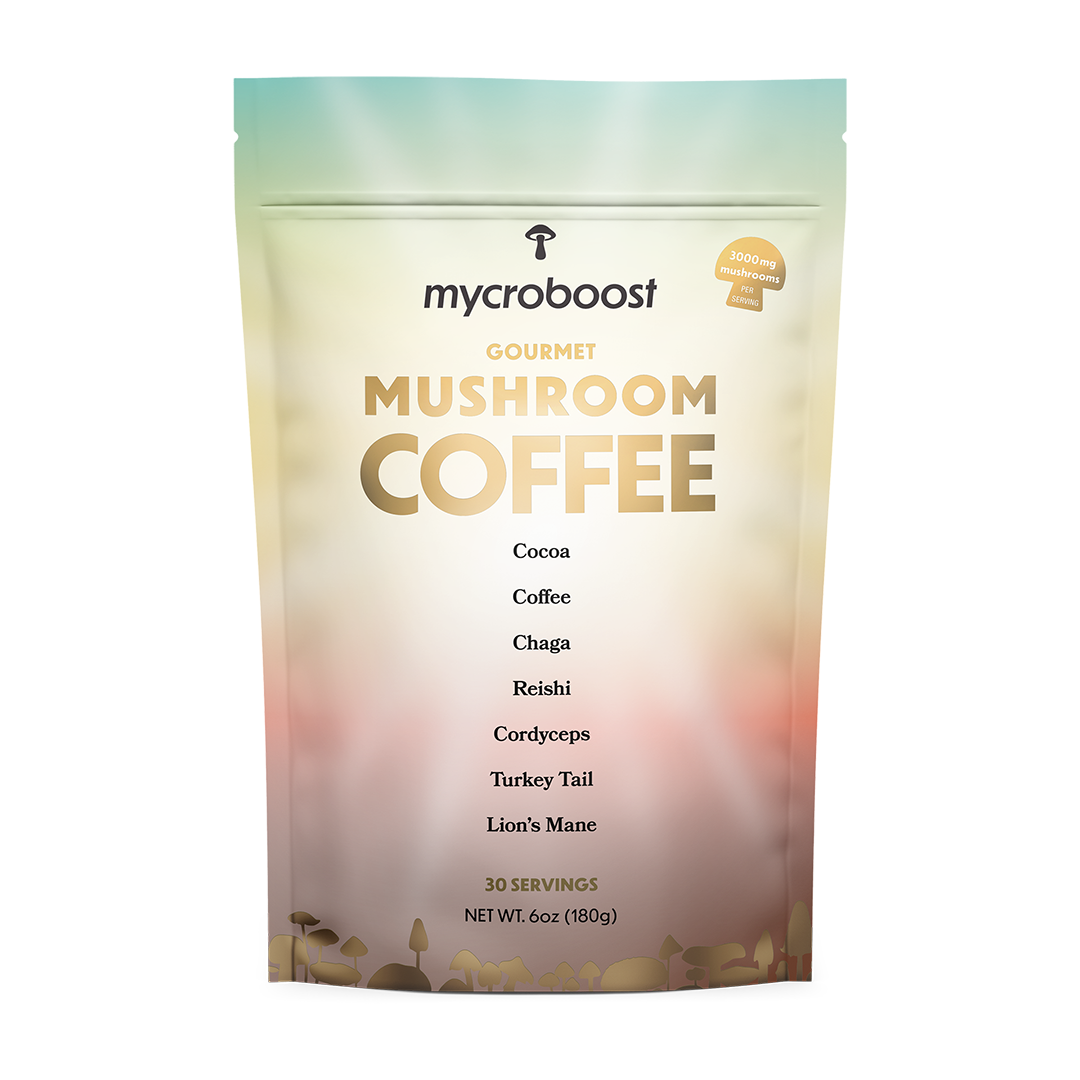Mushrooms have been used for medicinal purposes for centuries and are now increasingly popular as a dietary supplement. With so many options available, it can be overwhelming to choose the best form of mushroom supplement for your needs.
In this article, we will take a closer look at two popular forms of mushroom supplements: mushroom gummies and capsules. We will compare their benefits and drawbacks and guide how to choose the right supplement.
What Are Mushroom Gummies and Capsules?
Mushroom gummies are a supplement containing mushroom extract as a gummy candy. They are typically made with natural ingredients such as gelatin, natural flavors, and sweeteners, making them easy to consume. Gummies are an excellent alternative for those who don’t like the taste of traditional mushroom supplements or have difficulty swallowing pills.
On the other hand, capsules are a more traditional supplement. They contain a powdered mushroom extract encapsulated in a gel or cellulose coating. Capsules are also easy to consume and take with or without food. They have a longer shelf life than gummies and can be stored for extended periods.
What Are Mushrooms and Their Benefits?
Mushrooms are fungi that grow in many different environments, including trees, soil, and water. They are a rich source of nutrients, including vitamins, minerals, and antioxidants. Some most commonly used medicinal mushrooms include lion’s mane, reishi, and cordyceps.
Traditional medicine has used mushrooms for centuries to boost immunity, improve energy levels, and promote overall well-being. They have also been shown to have anti-inflammatory and anti-cancer properties and may help reduce heart disease risk.
Comparing the Benefits of Mushroom Gummies vs. Capsules
Taste
- Mushroom gummies are an excellent alternative for those who do not like the taste of traditional mushroom supplements or have difficulty swallowing pills.
Convenience
- Capsules are more convenient to take on the go and easy to pack in a bag or purse.
- Capsules also have a longer shelf life than gummies and can be stored for extended periods.
Concentration and Purity
- Capsules usually have a higher concentration of mushroom extract than gummies, so you may need to take fewer capsules to get the exact dosage as gummies.
Ease of absorption
- Gummies are often more accessible for the body to absorb due to the added sugar and other ingredients in the gummies that help with absorption. On the other hand, capsules may be less effective due to the need for these ingredients.
Price
- Gummies are more expensive than capsules due to the added ingredients and manufacturing process.
Customization
- Gummies come in various flavors and can be customized to suit personal taste preferences. On the other hand, capsules are often only available in one flavor and may have fewer options for customization.
Side Effects and Precautions for Mushroom Gummies and Capsules
Mushroom supplements are generally safe for most people when taken as directed. However, there are a few things to keep in mind when taking these supplements.
Mushroom gummies and capsules may cause some stomach upset or allergic reactions. If you experience any adverse reactions, stop taking the supplement and consult your healthcare provider.
It’s also important to note that mushrooms can interact with certain medications, so it’s always best to check with your healthcare provider before taking mushroom supplements if you are taking any medications.
Dosage and Usage Guidelines for Mushroom Gummies and Capsules
The recommended dosage for mushroom supplements can vary depending on the type of mushroom and the concentration of the extract. It’s important to always read the label and follow the dosage instructions provided.
The typical dosage for mushroom gummies is one to two per day. For capsules, the dosage can range from one to two capsules per day, depending on the concentration of the extract. It is important to note that some mushroom supplements may have a higher dosage recommendation, and it’s always best to check the label and follow the instructions provided.
Conclusion: Choosing the Right Mushroom Supplement for You
When choosing a mushroom supplement, you must consider your personal preferences and needs. For example, if the taste is a concern, mushroom gummies, such as the ones offered by MycroBoost, may be a better option. On the other hand, if convenience is essential, capsules may be the way to go.
In addition to taste and convenience, it’s also important to consider the concentration and purity of the extract when choosing a supplement. MycroBoost offers a variety of mushroom supplements like Chaga, lion’s mane, and reishi, which are all organic, non-GMO, gluten-free, and made with high-quality ingredients. Always read the label, check the dosage before consuming, and consult a healthcare professional before taking any new supplement.
Frequently Asked Questions About Mushroom Gummies and Capsules
Q: Are mushroom gummies and capsules safe to take?
A: Mushroom supplements are generally safe for most people when taken as directed. However, it’s always best to check with your healthcare provider before taking any new supplement, especially if you take any medications.
Q: Are mushroom gummies and capsules effective?
A: Both mushroom gummies and capsules contain mushroom extract and have similar benefits. The effectiveness of a mushroom supplement may vary depending on the type of mushroom and the concentration of the section.
Q: Can I take mushroom gummies and capsules together?
A: It is best to follow the dosage instructions provided on the supplement’s label. Please consult with a healthcare professional before taking any new supplements and combining them.
Q: Are there any side effects or precautions for taking mushroom gummies and capsules?
A: Some people may experience stomach upset or allergic reactions when taking mushroom supplements. If you experience any adverse reactions, stop taking the supplement and consult your healthcare provider. It’s also important to note that mushrooms can interact with certain medications, so it’s always best to check with your healthcare provider before taking mushroom supplements if you are taking any medications.










